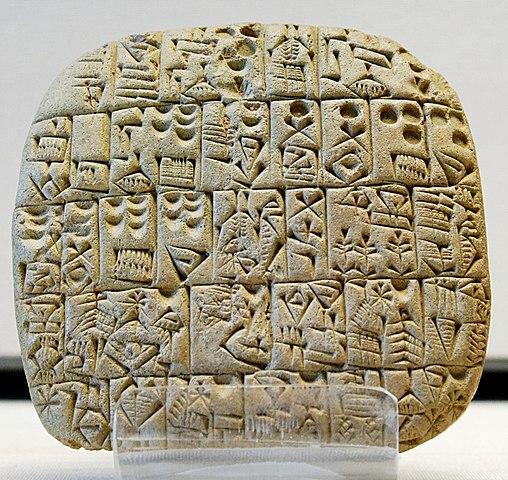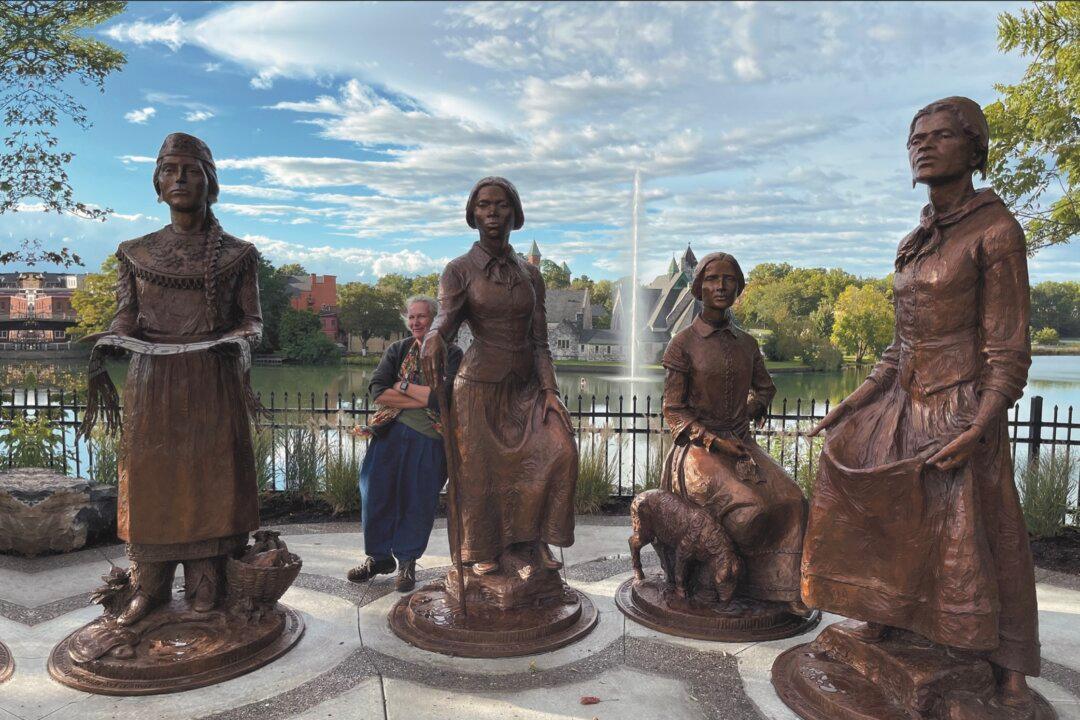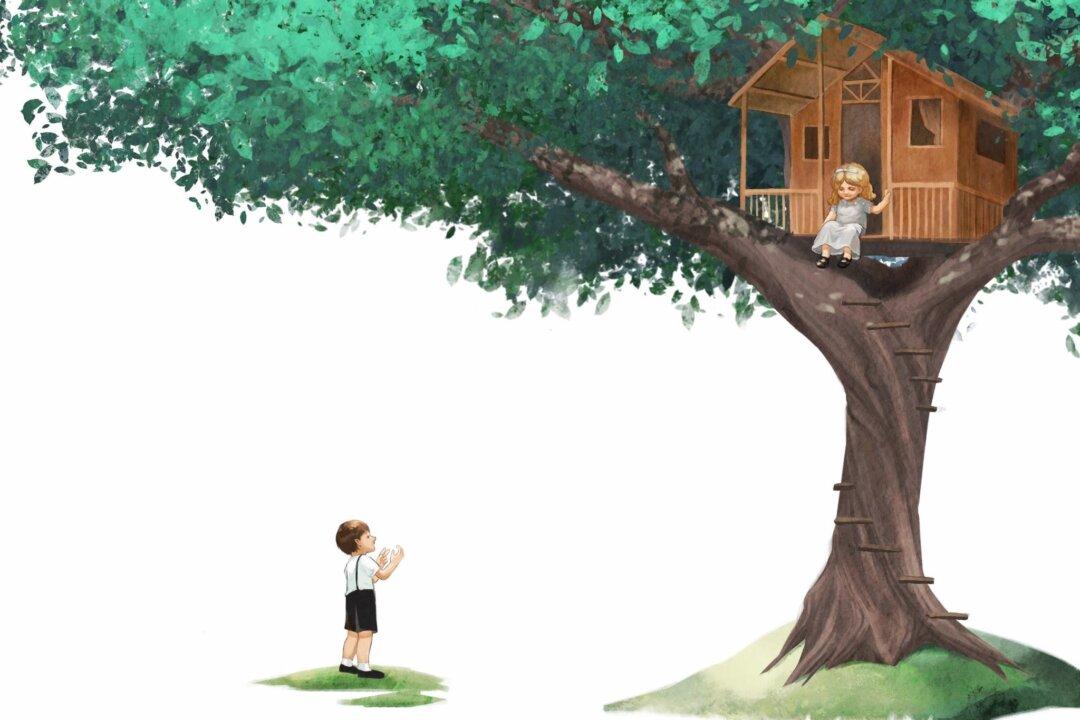Parents may be challenged by their child’s homework frustration—“Why do I have to do these writing assignments? I don’t like to write! I’ll never be a writer, so why do I need to learn this?” How can we answer that? Talking about examples of how writing has always helped us, both long ago and today, could motivate a more serious attitude about this important academic subject. Being able to write now is even more essential for most jobs than it ever was. A brief history of why people even started writing in ancient times might be a good place to begin to persuade this reluctant writer.
The earliest signs of people trying to communicate are pictures in caves and on rock walls. What did early humans paint, and what prompted them to draw these simple sketches? Archaeologists guess that because they had Shamanistic beliefs, they may have used pictographs to communicate with the spirit world about their lives as hunters, since most of the paintings are of animals. “Cave Art” by Jean Clottes, one of many books on this topic, features colorful photographs of Paleolithic art for anyone who is captivated by these curious efforts to leave a record. All we have, though, are guesses about their purpose.





